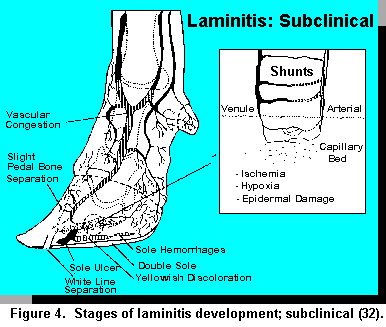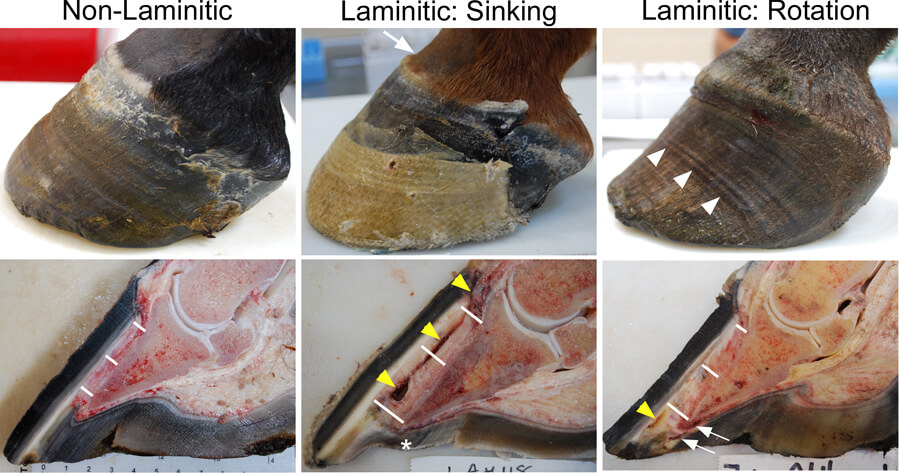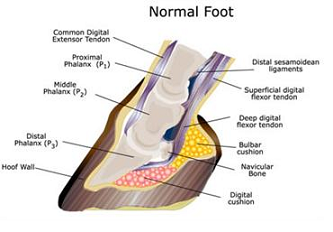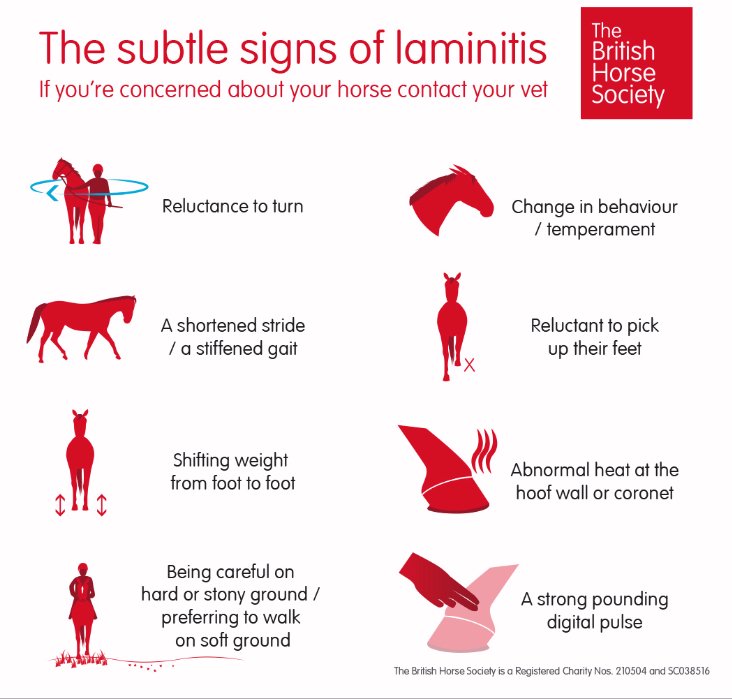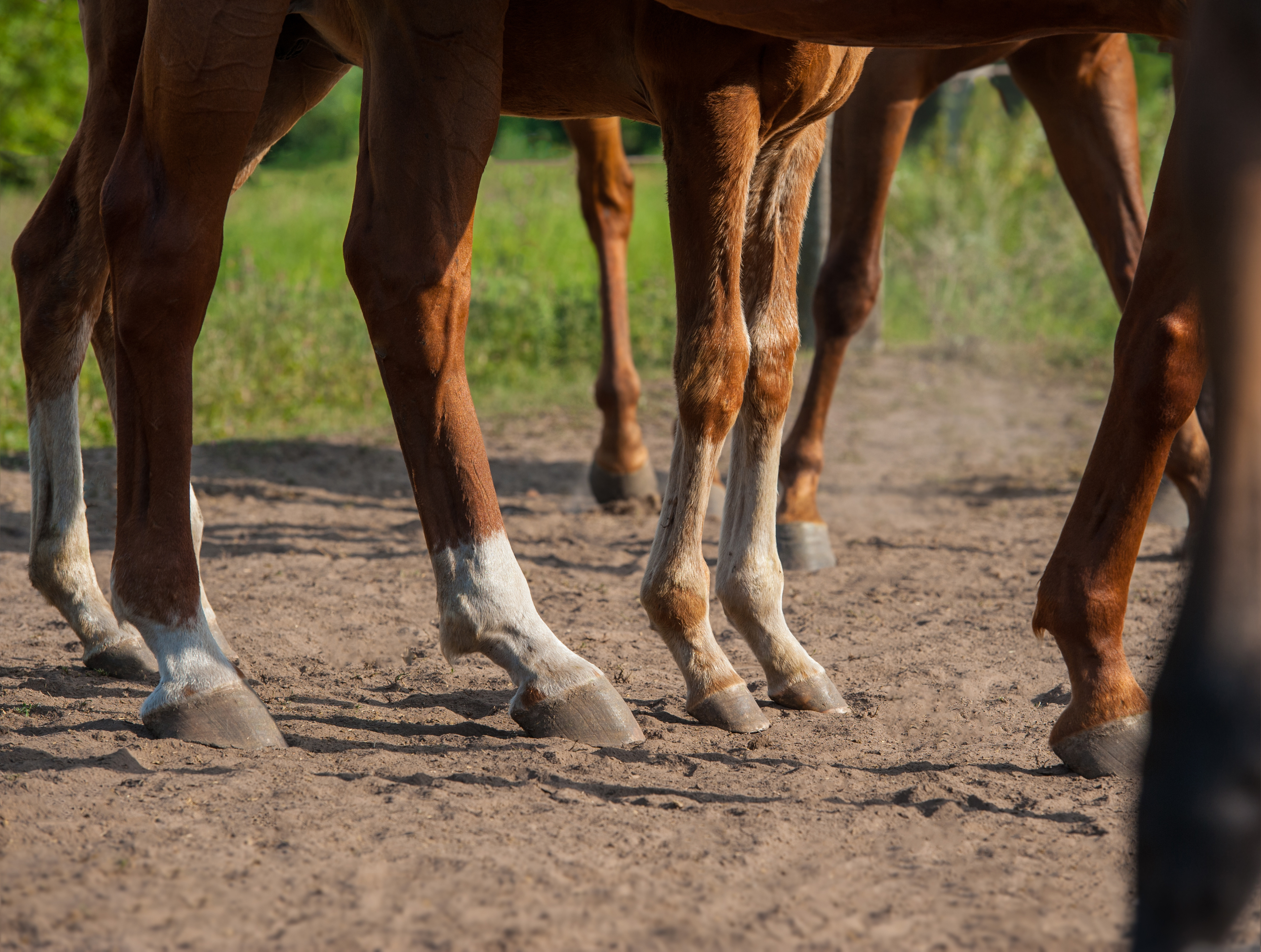Speaking to a large crowd at the national cattlemen s beef association s cattleman s college in denver today tom edwards dvm kearney neb offered some tips on laminitis and responsible handling of downed cattle.
Acute laminitis in cattle.
The etiology of subclinical laminitis in cattle is not understood.
Takahashi k young ba.
This causes gram negative organisms to die and release vasoactive endotoxins.
Acute laminitis cattle affected by acute laminitis generally have a stiff and tender gait an arched back and have the hind limbs and some times thefront limbs also placed well under the body.
There is some probably unnecessary disagreement over the naming of this condition since there are no laminae on the sole in cattle meaning a more accurate name would be coriitis.
The terms laminitis and founder are used interchangeably.
Laminitis is a disease that affects the feet of ungulates and is found mostly in horses and cattle clinical signs include foot tenderness progressing to inability to walk increased digital pulses and increased temperature in the hooves.
However founder usually refers to a chronic long term condition associated with rotation of the coffin bone whereas acute laminitis refers to symptoms associated with a sudden initial attack including pain and inflammation of the laminae.
Correct grain overload keeping the animal moving and the claws cool.
Laminitis has long been considered as inflammation and edema of the sensitive laminae of the hoof following transient ischemia that is often associated with a coagulopathy and causing breakdown and degeneration of the union between the horny and sensitive laminae.
Effects of grain overfeeding and histamine injection on physiological responses related to acute bovine laminitis.
Nsaid non steroidal anti inflammatory drug injectable ketoprofen 2 to 4 mg kg im iv.
The classic hypothesis suggests that high levels of carbohydrate in the diet see subacute ruminal acidosis invoke an increase of streptococcus bovis and lactobacillus spp which induce a state of acidosis in the rumen.
Inflammation of the sensitive corium causes pressure pain and loss of cohesion between the horn and the underlying structures of.
Antihistamines may be useful e g.
A post mortem x ray study of laminitis in barley beef animals.
Laminitis is more common and more important than it is usually given credit for.


